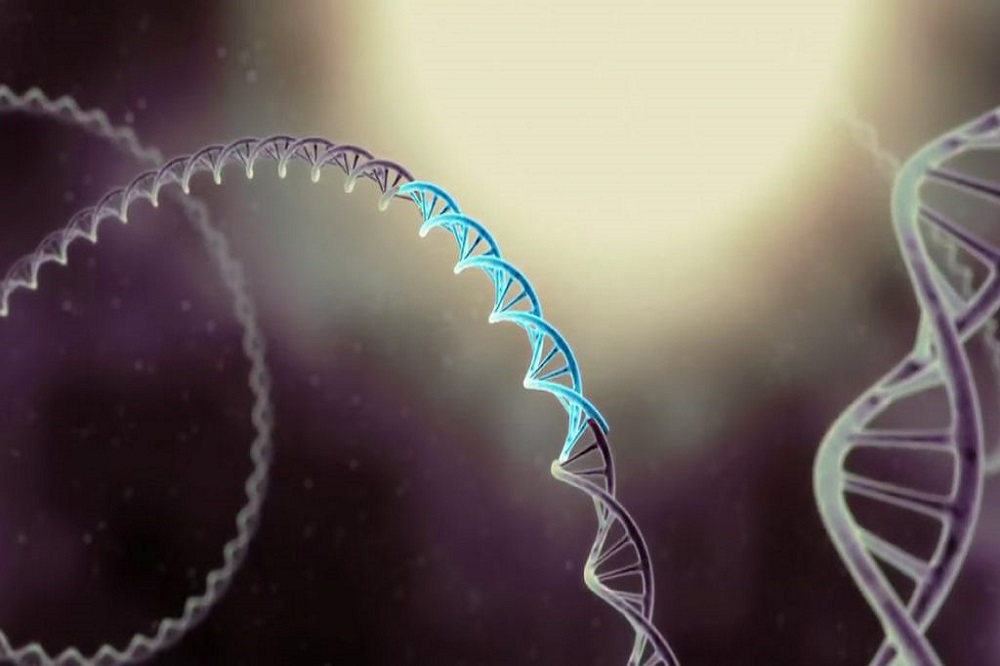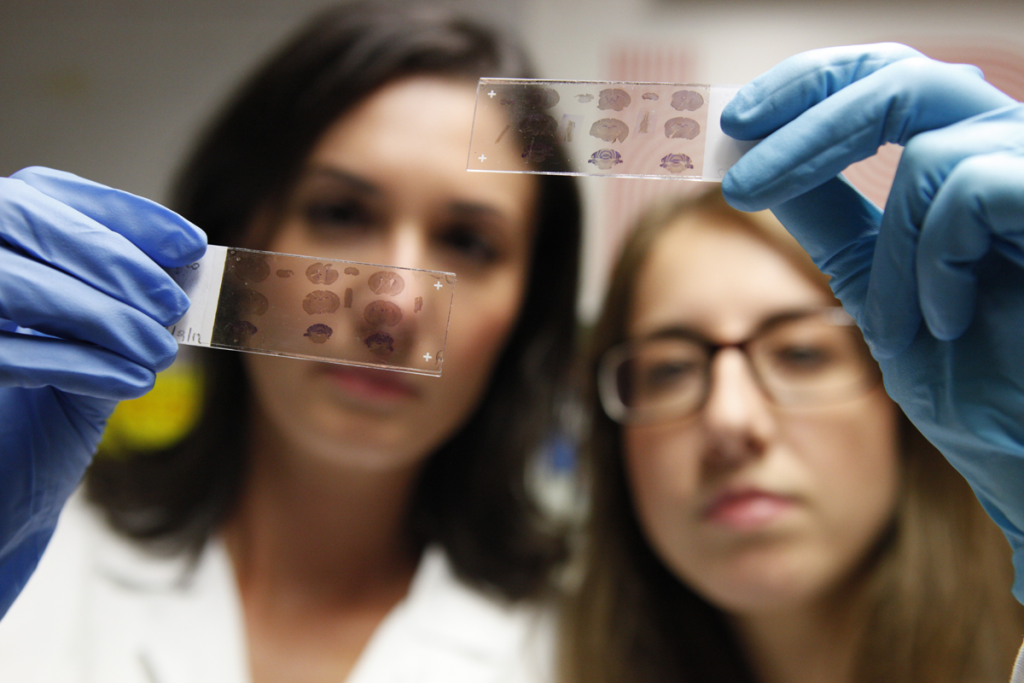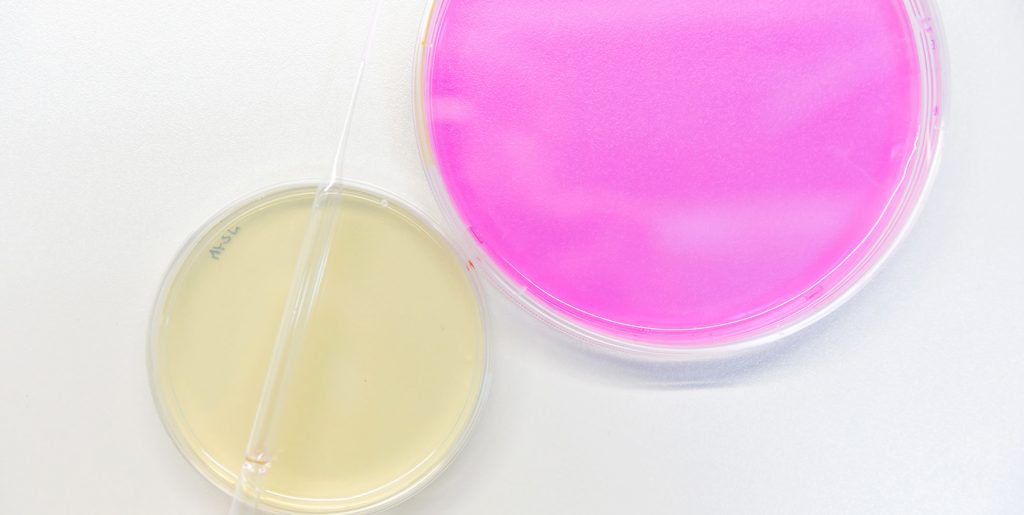Advanced therapies are innovative treatments based on genetic material, stem cells and tissues. This emerging sector has been made possible by the progress made in the last twenty years in the field of biotechnologies, offering new opportunities for the diagnosis and treatment of serious conditions where conventional treatment is ineffective or does not exist, as in the case of rare genetic conditions. Scientists first tried to optimise these innovative, targeted therapies to treat rare genetic conditions; they subsequently also proved to be promising for chronic conditions and tumours, in addition to burns and serious injuries.

Gene therapy is a treatment strategy that aims to treat conditions caused by faulty genes, by inserting a correct copy of the mutated gene directly into the patient, or by compensating for its altered function. Gene therapy also includes gene editing techniques.

Cell therapy involves the use of live cells for diagnosis, prevention and treatment. The cells, which in most cases are stem cells, or tissues may have been manipulated extensively to change their biological characteristics or mechanism of action.

Tissue engineering
Tissue engineering involves cells or tissues constructed or cultivated in the laboratory so they can be used to repair, regenerate or replace human tissue. Skin, bone and cartilage can be regenerated using this technique.
Often an advanced therapy may also be any of the aforementioned types combined with a medical device (e.g. matrix supports).

Advanced therapies, their effectiveness and their economic impact are of significant importance for medicine in the future. In 2008, EU regulation no. 1394/2007 came into force in Europe, which regulates the development and marketing authorisation of these advanced therapies. The risk/benefit assessment for these products is considered by a special Committee for Advanced Therapies (CAT) at the European Medicines Agency (EMA), the EU organisation responsible for assessing medicinal products for marketing authorisation. A total of 21 advanced therapy drugs have been approved so far in the European Union (30 June 2022), but only 14 of them have marketing authorisation.

Pharmaceutical innovation sees Italy at the forefront with 32.1% of clinical trials conducted in Italy on rare diseases and 41.7% with biological, biotechnological and advanced therapy drugs. The first gene therapies approved for a rare condition (Strimvelis and Libmeldy) are Italian, and were developed through a partnership between private organisations and the work of Telethon, as is the first stem cell-based drug approved in the West (Holoclar) and the first cell therapy based on the genetic modification of the immune system (Zalmoxis).